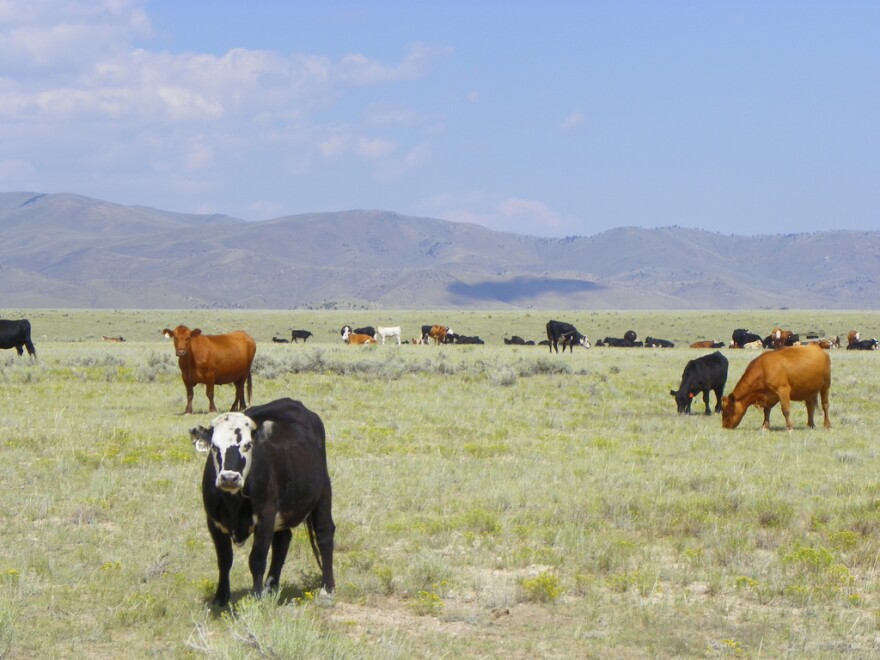Japan said last week that for the first time in nearly two decades, it will accept a much broader selection of beef imports from the United States. Some producers in Montana say this could re-open a lucrative market, but others say the agreement is too little too late.
Montana Stockgrowers Association Executive Vice President Jay Bodner called the trade deal “tremendous.”
"We want to see some of those dollars come back to individual calf producers and ranchers in Montana by increased calf prices, so that's what we're hoping to build in these types of export market increases," Bodner said.
Montana’s elected officials in Washington, D.C. said it was a step in the right direction putting Montana beef back on the menu in Japan.
Japan severely restricted U.S. beef imports in 2003 over fears of mad cow disease, limiting imports to cattle under 20 and then 30 months of age.
With those age restrictions now lifted, the U.S. Meat Export Federation estimates American beef and beef product producers could see an increase in exports between 7 to 10 percent, or a roughly $150 or $200 million annual bump.
But where many see opportunity, others see steep challenges.
Gilles Stockton is a rancher from Grass Range and a member of the Northern Plains Resource Council. He says he was severely underwhelmed by the agreement.
"If our Congressional delegation wants to do something for it, they need to reinstate country of origin labeling and they need to start enforcing the packers and stockyards act and restore competition in the cattle market," Stockton said. "The exports of beef is irrelevant."
Even as Japan lifts age restrictions, American beef faces several hurdles on its way to the Land of the Rising Sun.
Since President Trump pulled the US out of the Trans-Pacific Partnership trade agreement, American beef has faced a 38.5 percent tariff in Japan, whereas beef from nations that remained in the TPP agreement is taxed at 26.6 percent. Tariffs for countries that stayed in, including Australia, America’s top beef competitor in Japan, will continue to fall year over year.
"So that's a real problem," said Anton Bekkerman, a professor at Montana State University’s Department of Agricultural Economics and Economics. "Even though we've opened up access to all beef going into Japan, the price of U.S. beef is going to be higher to Japanese consumers because of those additional tariffs."
Bekkerman says there’s also a threshold on the amount of beef Japan will import from the U.S. before it’s slapped with an even higher tariff of 50 percent. He says America hit that threshold in 2017. With relaxed import rules, he says the US is poised to breach it again.
Bekkerman says while Montana beef producers are likely to feel some positive trickle down effects of Friday’s agreement, he wonders if this is Japan’s opening play for trade talks that could happen this week.
"This may be a move by Japan to try to say, ‘Hey, we're coming with open arms, let's try to work an agreement out,'" he said. "But the extent to which this might benefit the US beef industry is still a big question mark."






